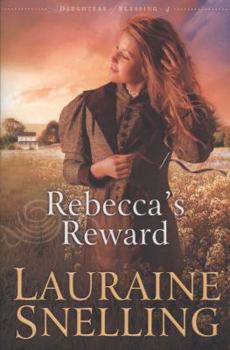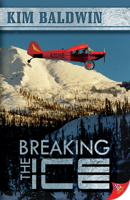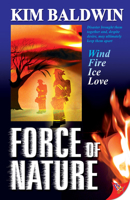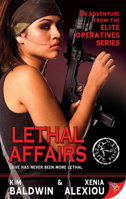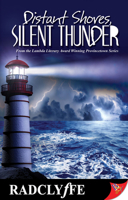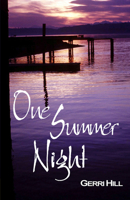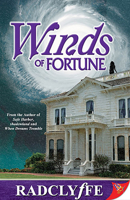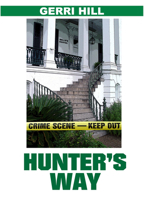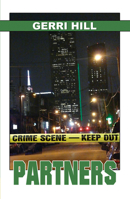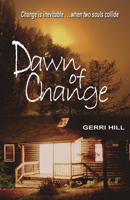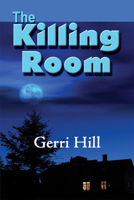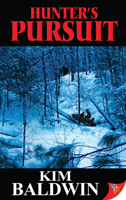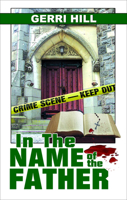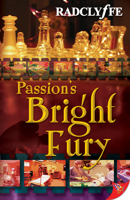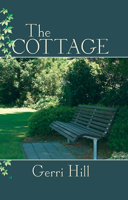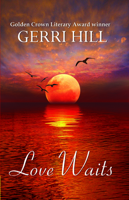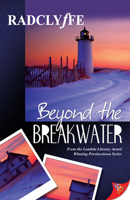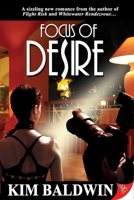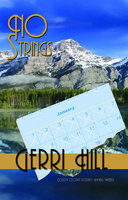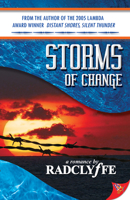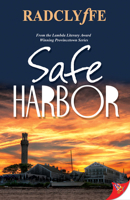Rebecca's Reward (Daughters of Blessing, Book #4)
(Part of the Daughters of Blessing (#4) Series and Blessing, ND #0 (#13) Series)
Select Format
Select Condition 
Book Overview
You Might Also Enjoy
Customer Reviews
Rated 5 starsEncouraged My Faith
While the story takes place long ago, I can connect to things going on now. I found myself encouraged by the way the characters faced dilemma's, pray first, listen, and then act. The sense of "community" continues to draw me into these books, and I look forward to reading all of the series.
0Report
Rated 5 starsComfort Reading - Blessing Style
Going home to Blessing, North Dakota is a favorite reading pastime for me. I've been a fan of Lauraine Snelling's books about the Bjourkland family and their friends for well over ten years. I look forward to each new book about the townsfolk and the going ons in their lives as they live out the American dream out in the west. With this book, we get to read the story of Rebecca Baard, cousin of Penny and daughter to Ingeborg's...
0Report
Rated 5 starsAnother Snbelling Winner!
Lauraine Snelling keeps us spell bound to Blessing and the characters we have learned to love. I hope she produces yet another in this wonderful, uplifting series. My friends cannot wait for me to add each book to the church library!
0Report
Rated 5 starsAnother wonderful daughter...
This is a wonderful story...before you read it though, start with The Red River of the North and do the complete series. You won't be sorry. Lauraine Snelling does such a great job with the history weaving a story, of a wonderful Norweigein family and their faith in God, and their struggles with a new country. I hope there is a Daughters of Blessing #5, I'm looking forward to it. t
0Report
Rated 5 starsLauraine Snelling books
I bought this book for my 94-year old mother as a continuation of the "Daughters of Blessing" series. She's read many books by Lauraine Snelling and has enjoyed them all because she can relate to the setting and the characters. Plus, they're Christian books that aren't too preachy.
0Report











